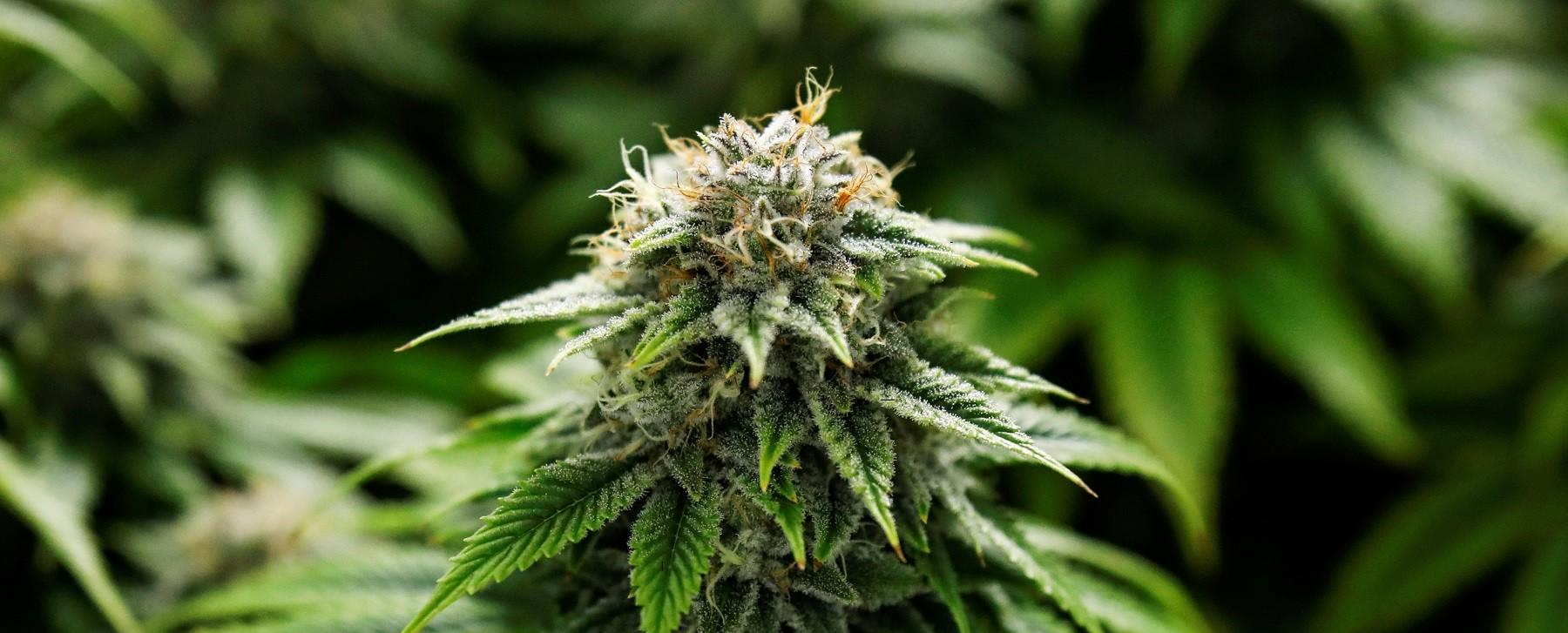A new clinical study from Michigan State University concludes that THC and CBD may help suppress key inflammatory responses in human monocytes, a type of immune cell involved in both acute and chronic inflammatory conditions.
Published in the Journal of Pharmacology and Experimental Therapeutics, the study evaluated how THC, CBD, and a cannabinoid receptor 2 agonist (JWH-015) influence inflammatory pathways in CD16+ and CD16− monocyte subtypes. These cells were stimulated using toll-like receptors (TLR7 and TLR8), which mimic viral activation, and then tested for inflammatory cytokine output.
The researchers found that both THC and CBD suppressed the production of interleukin-1β (IL-1β), a major pro-inflammatory cytokine, by disrupting the formation of inflammasomes—multi-protein complexes involved in inflammation—and reducing caspase-1 activity.
THC appeared to be more effective than CBD. Interestingly, the suppression occurred without changing mRNA expression levels of genes like IL1B, CASP1, NLRP3, or PYCARD, suggesting the cannabinoids affect protein processing rather than gene expression.
The findings indicate that THC and CBD may offer potential therapeutic benefit in controlling IL-1β-driven inflammation in conditions such as rheumatoid arthritis and HIV-associated neurocognitive disorders. However, the study notes that cannabinoid receptor 2 activation alone—via JWH-015—was not sufficient to replicate the anti-inflammatory effects, highlighting a more complex mechanism of action for THC and CBD.
For more information on this study, click here.









